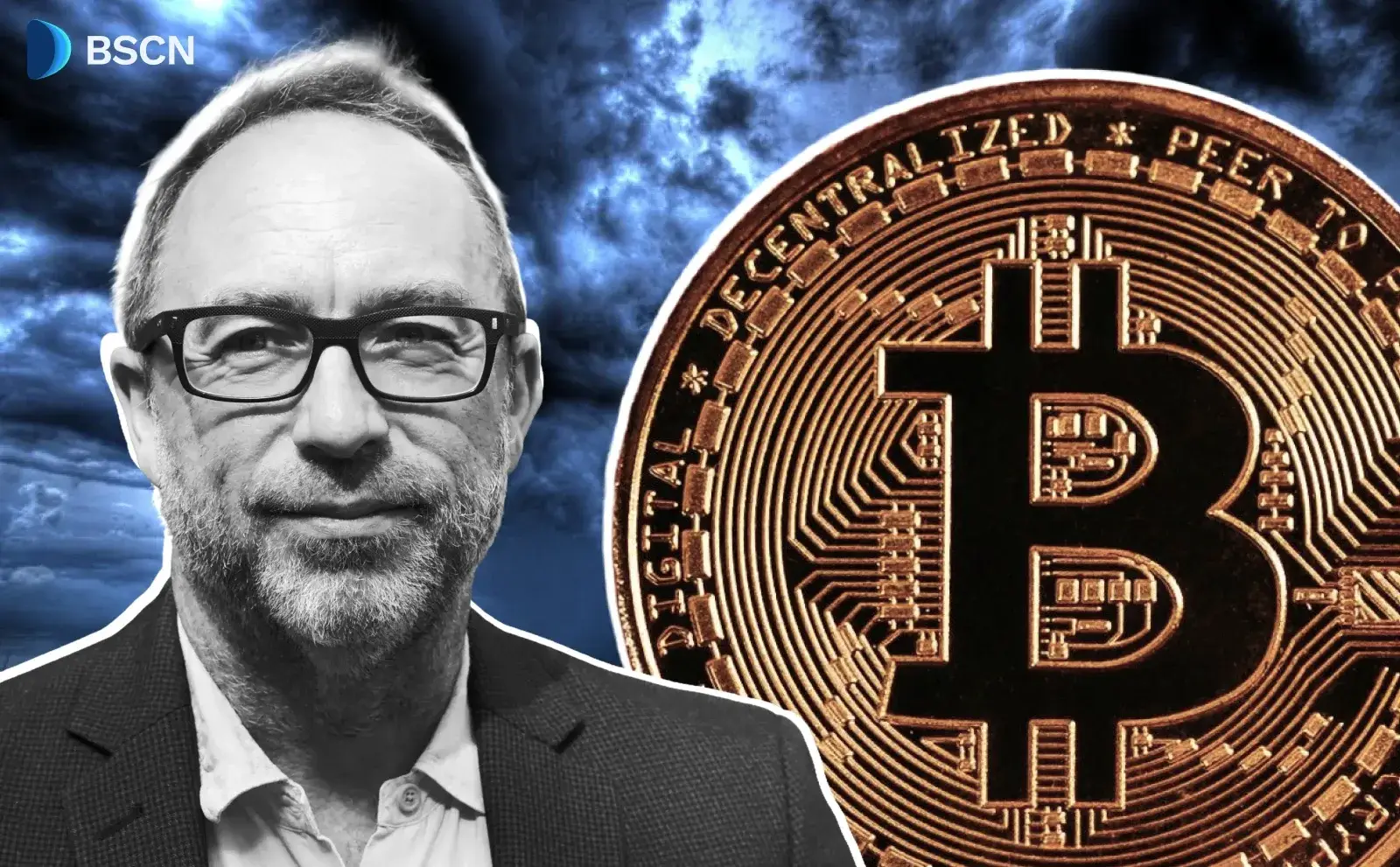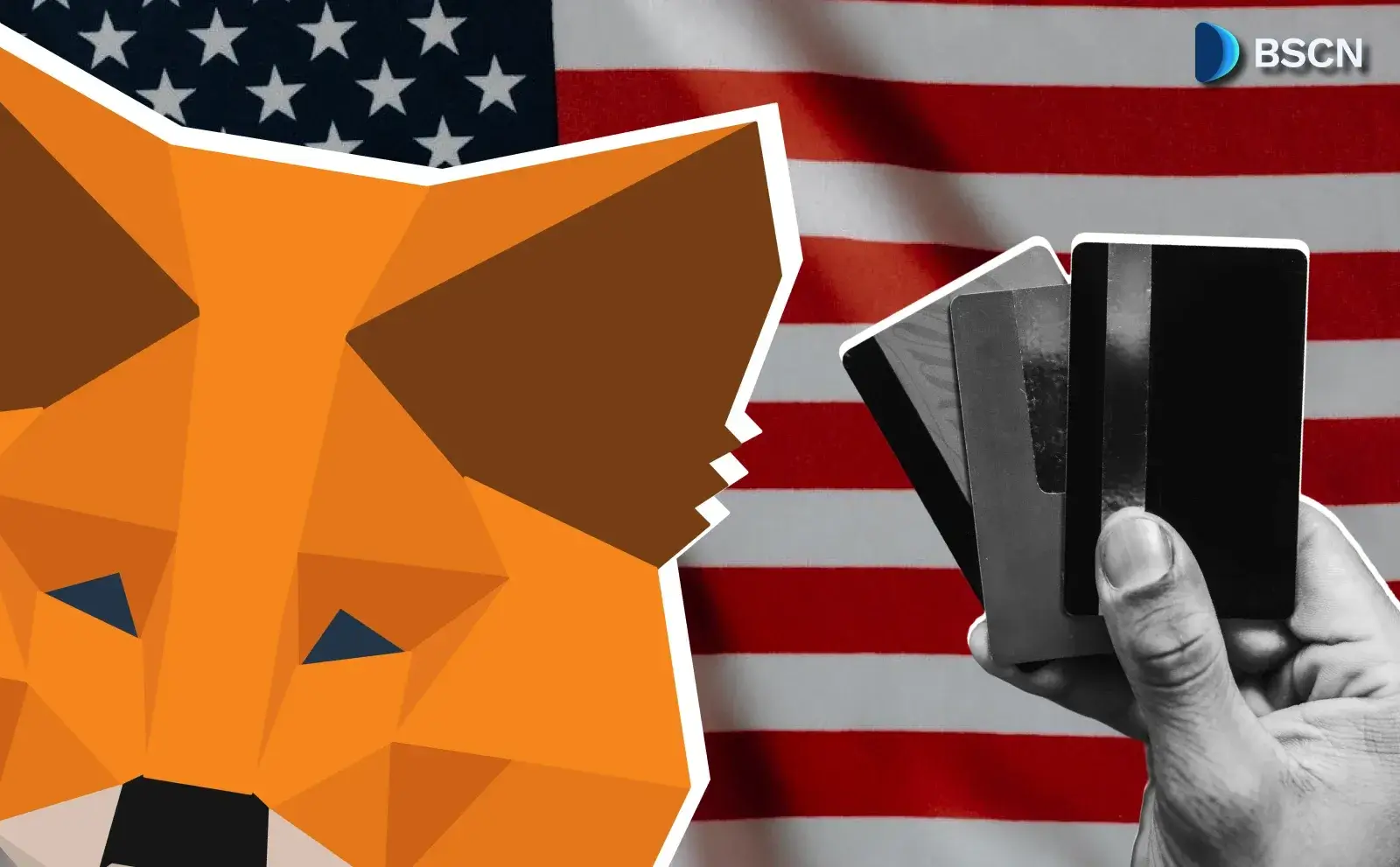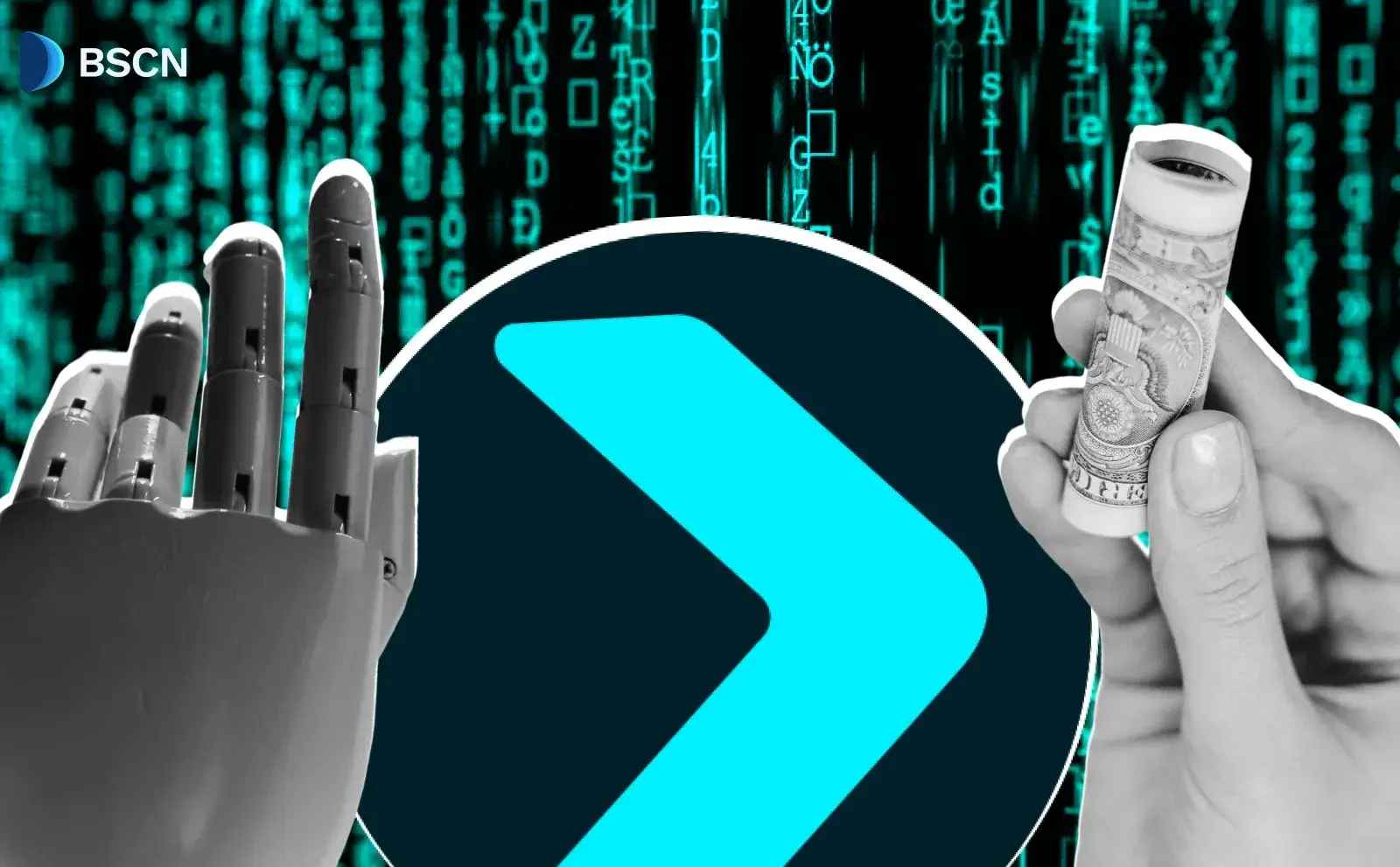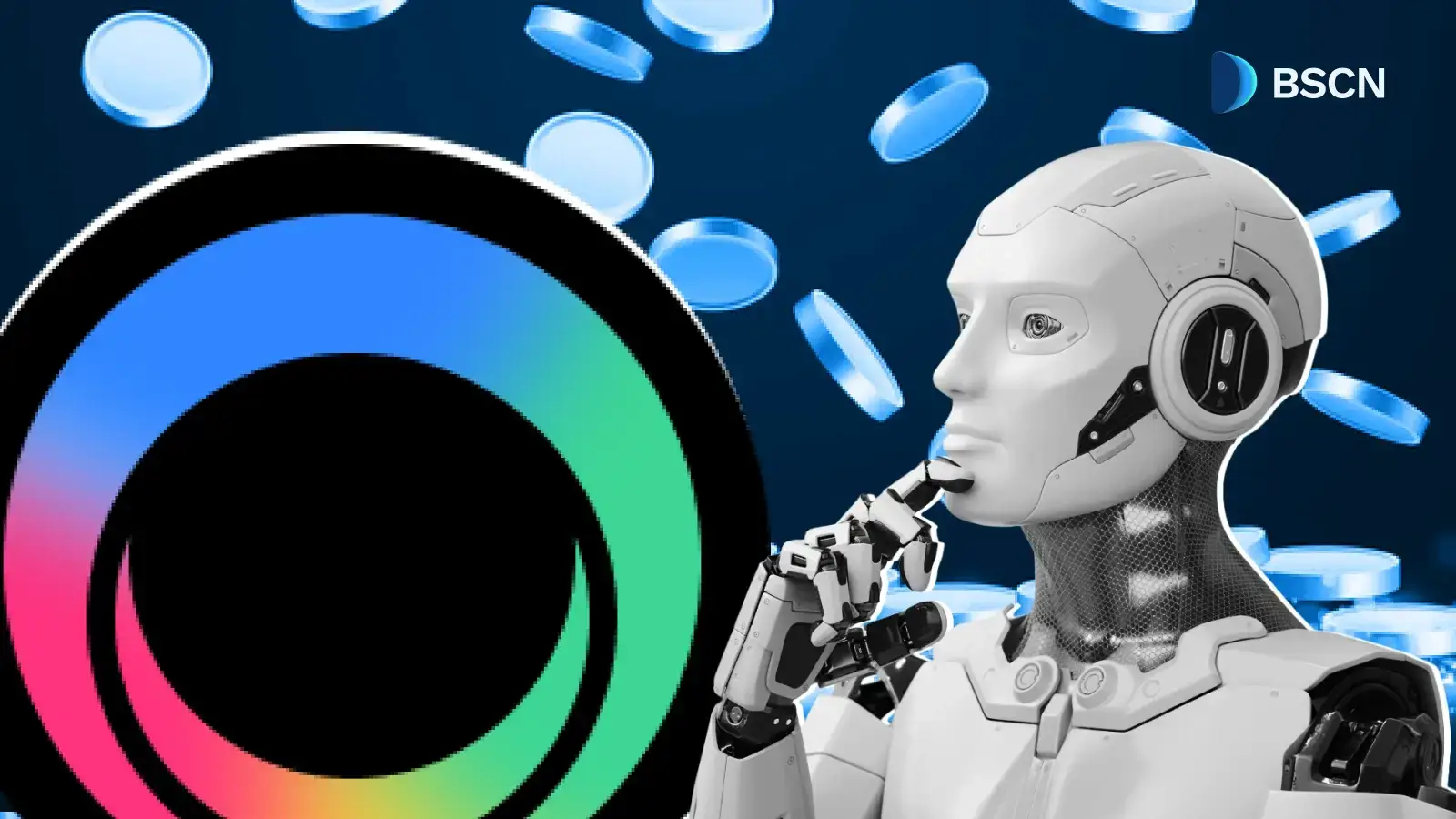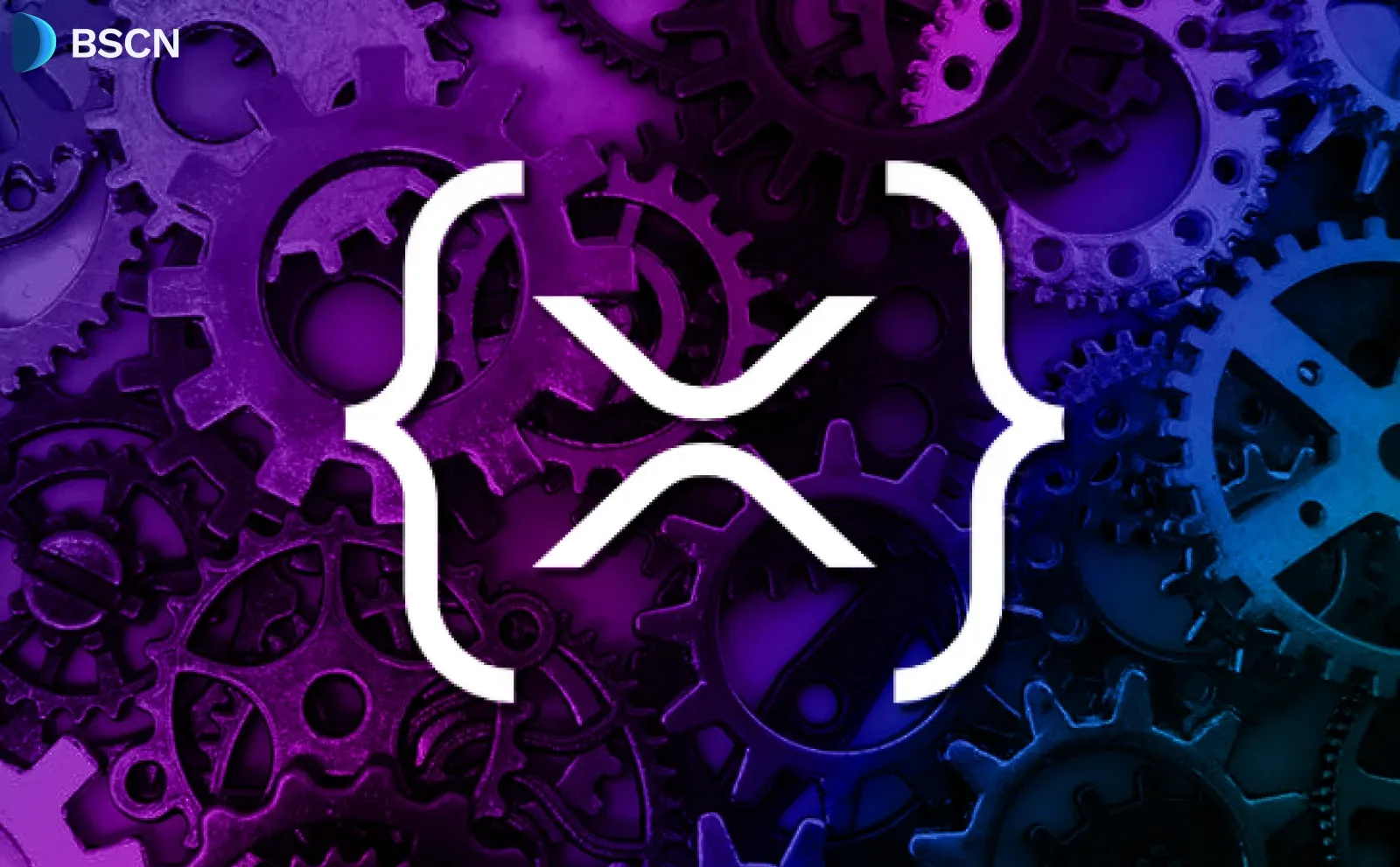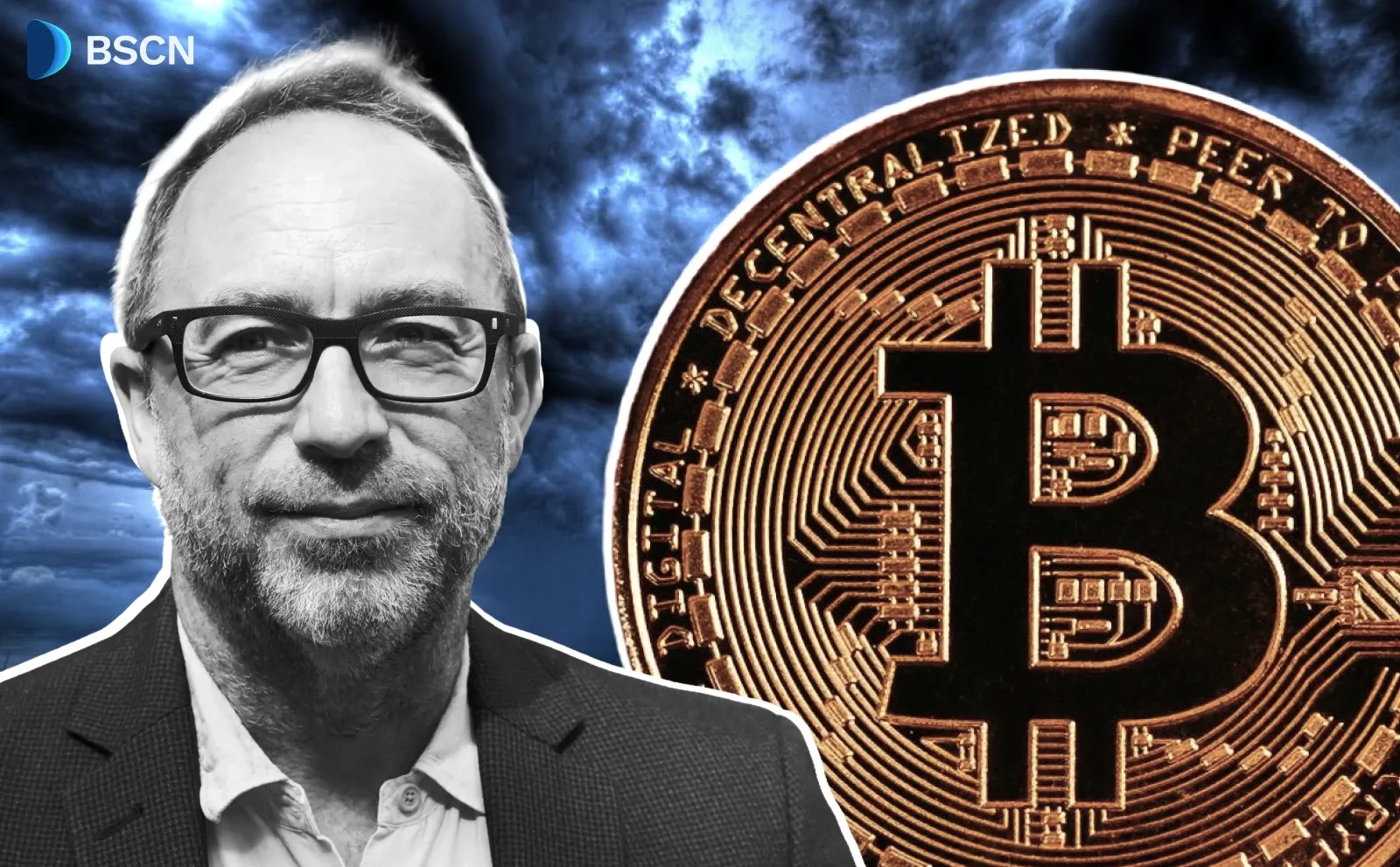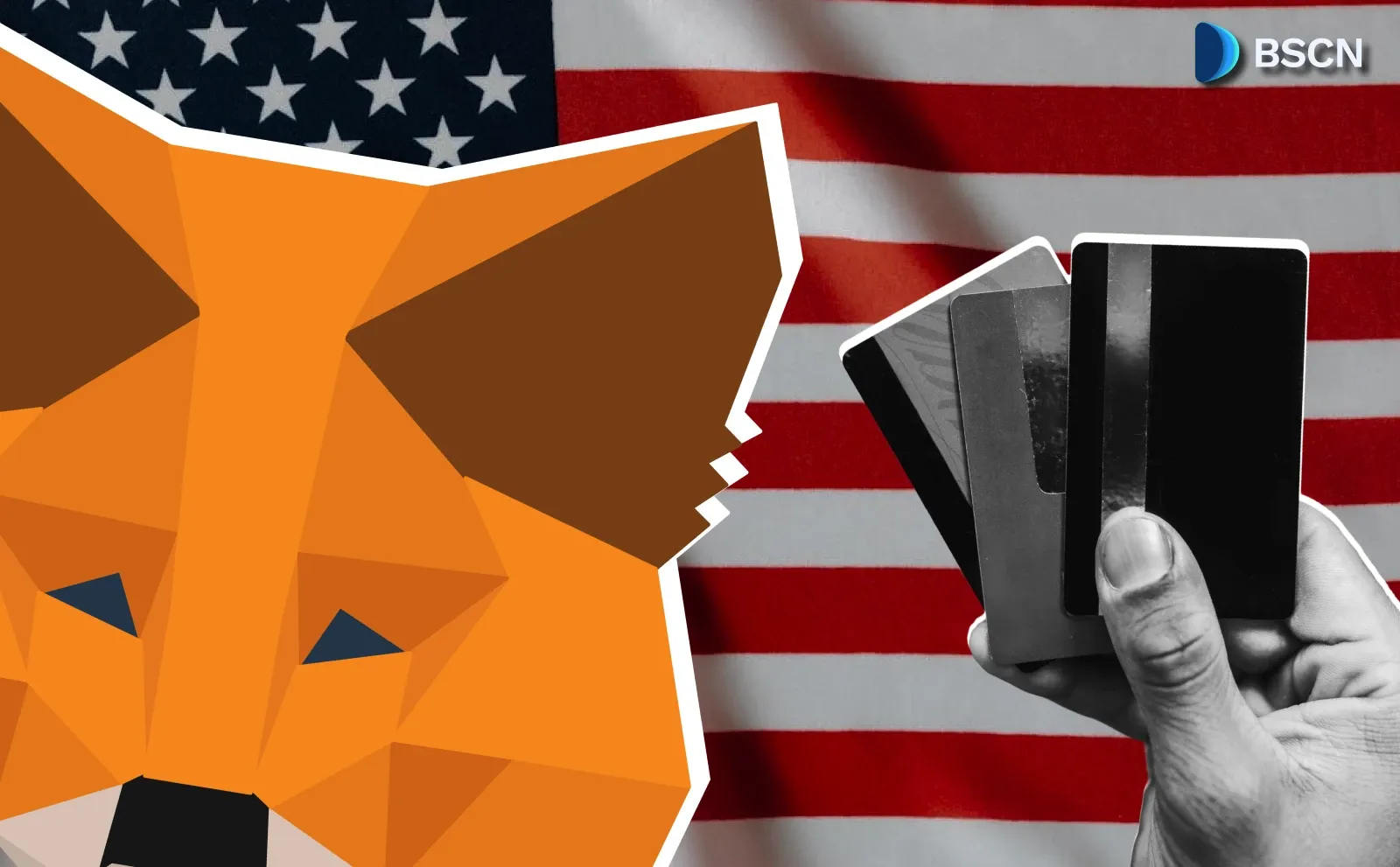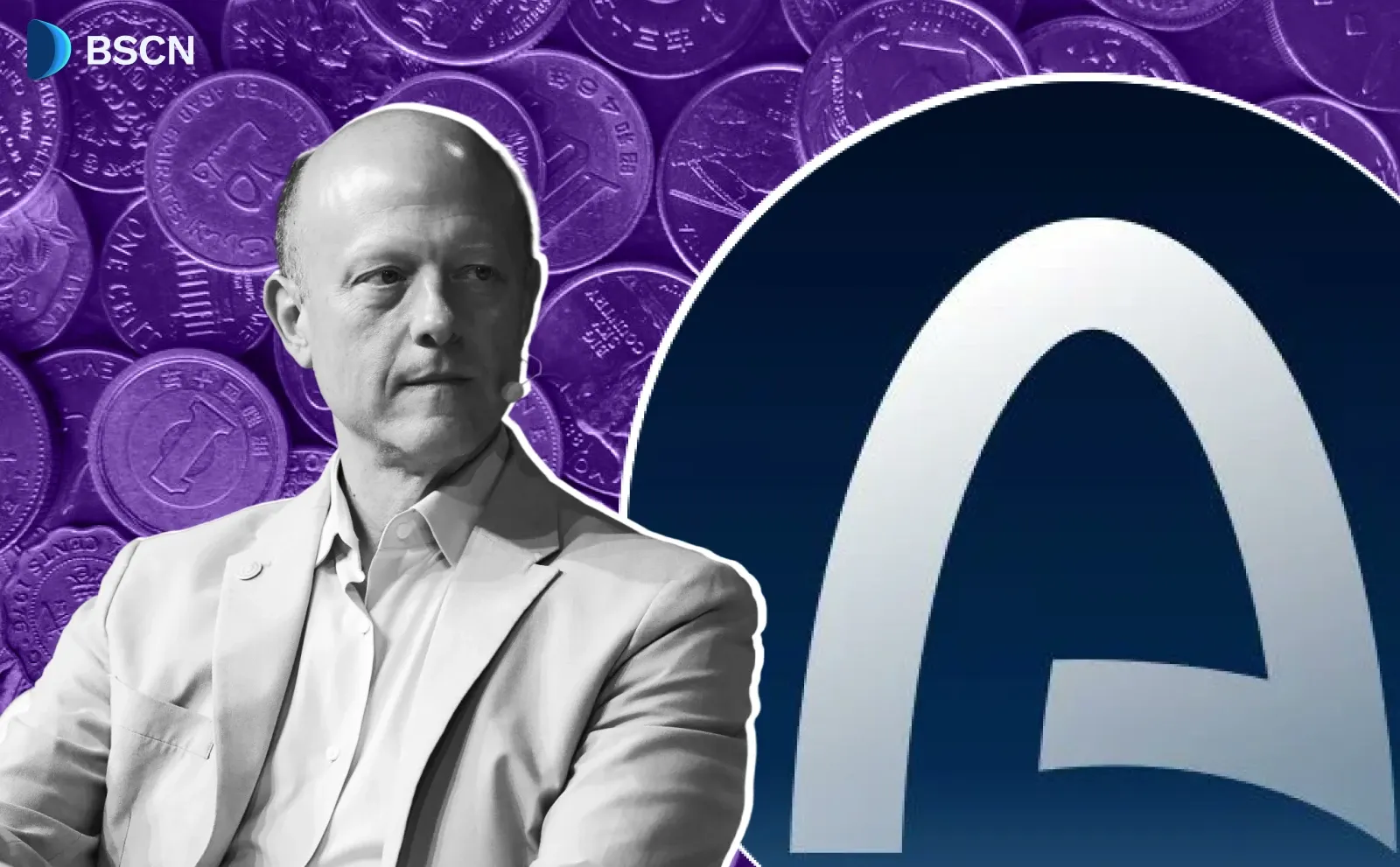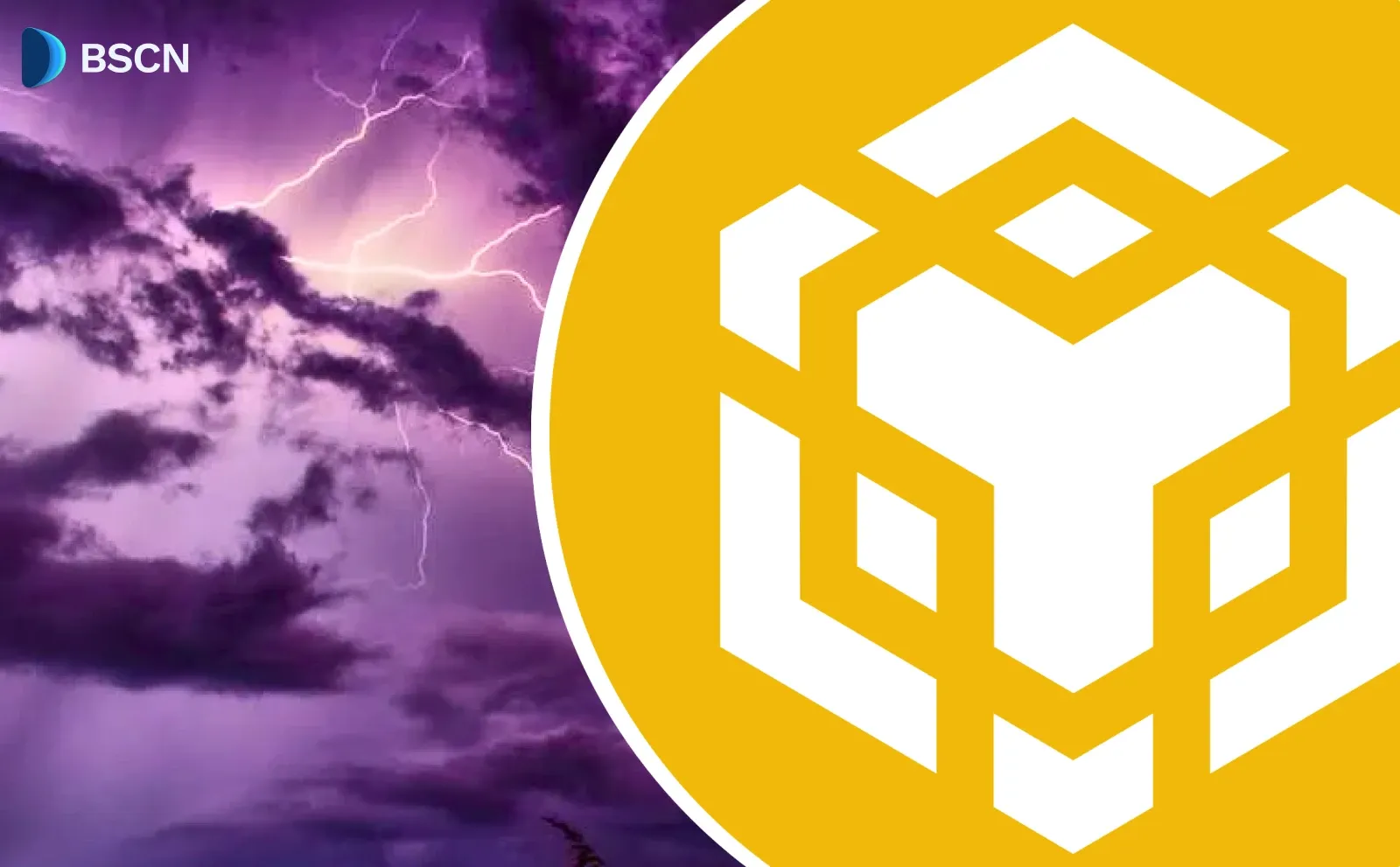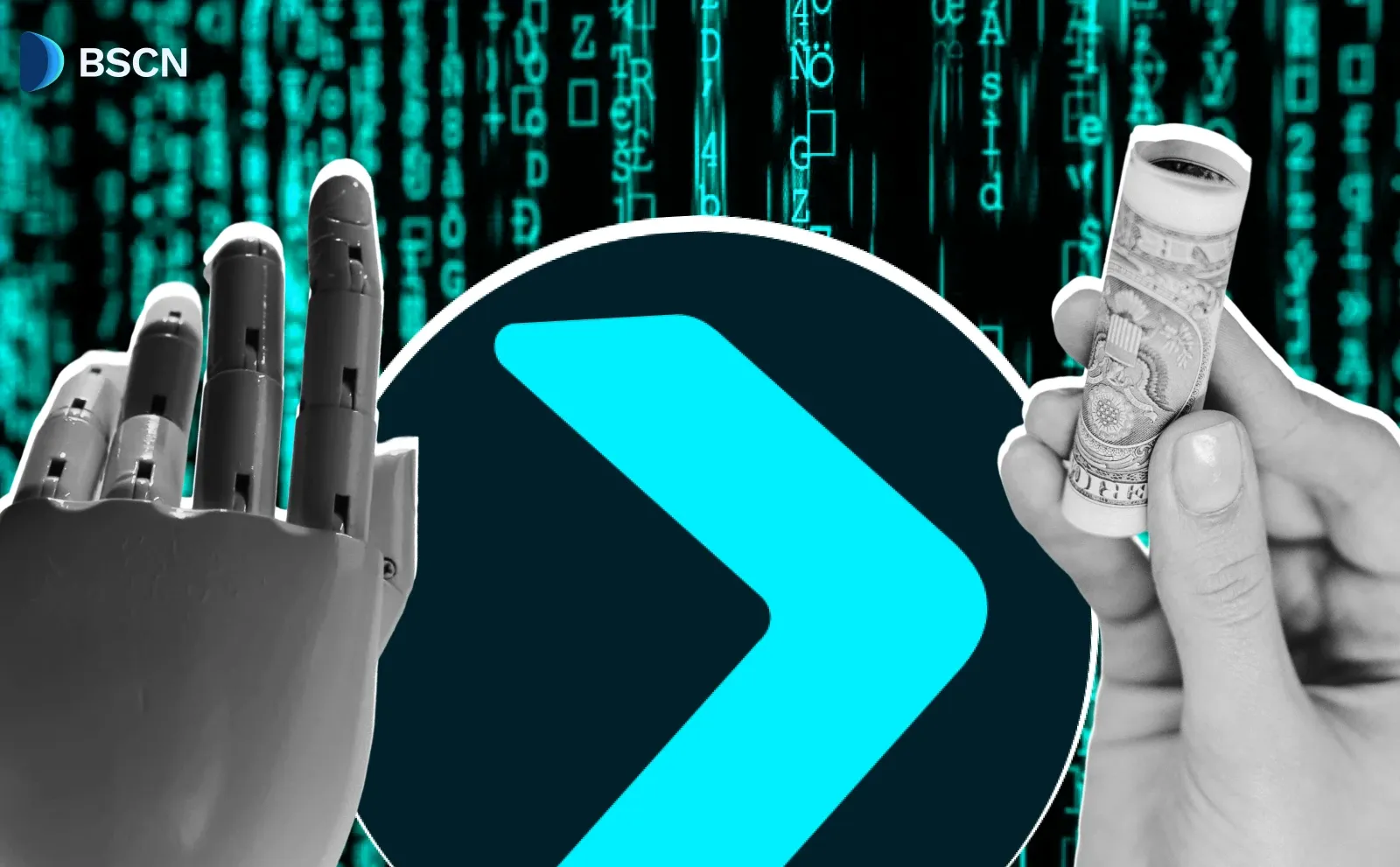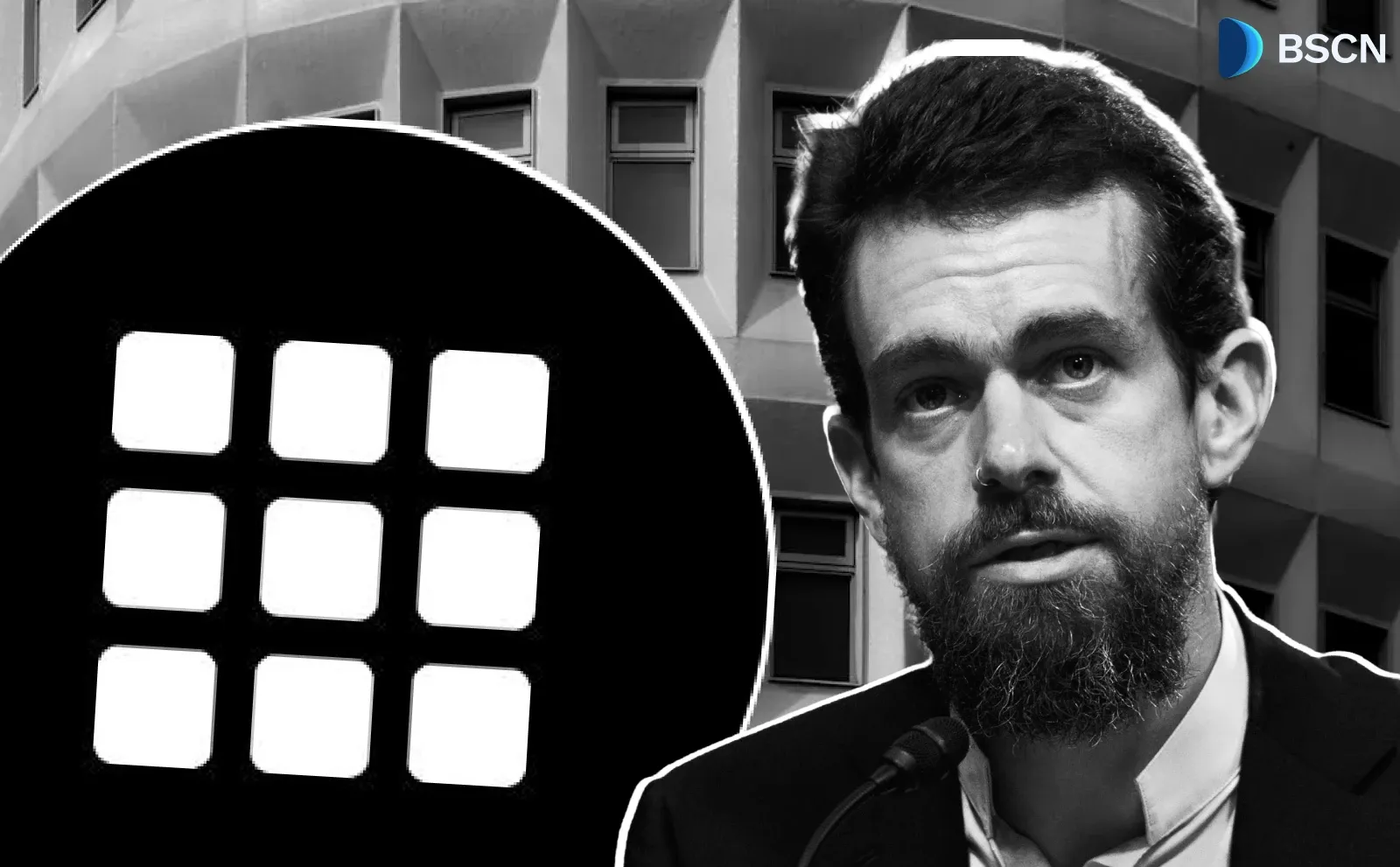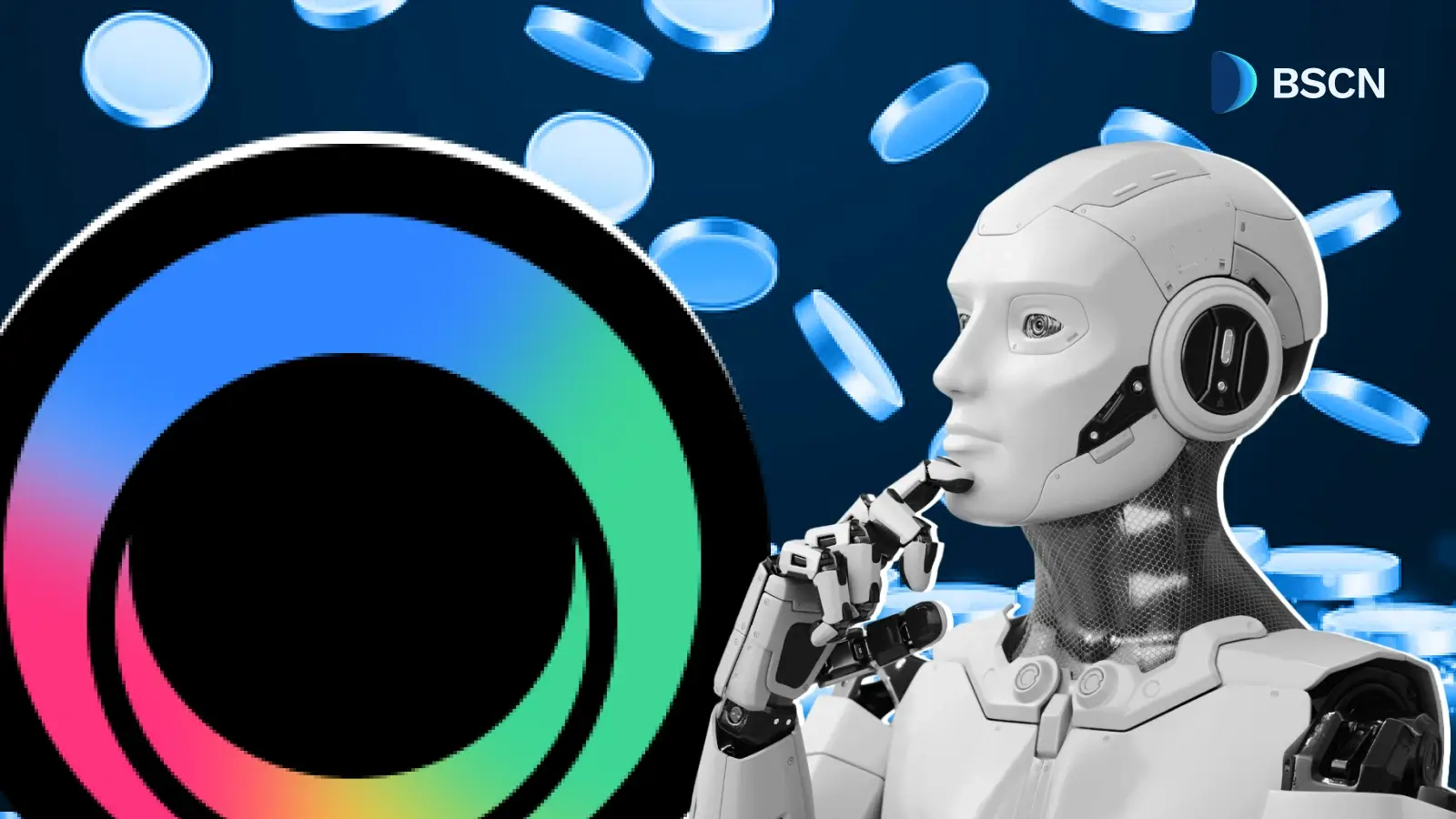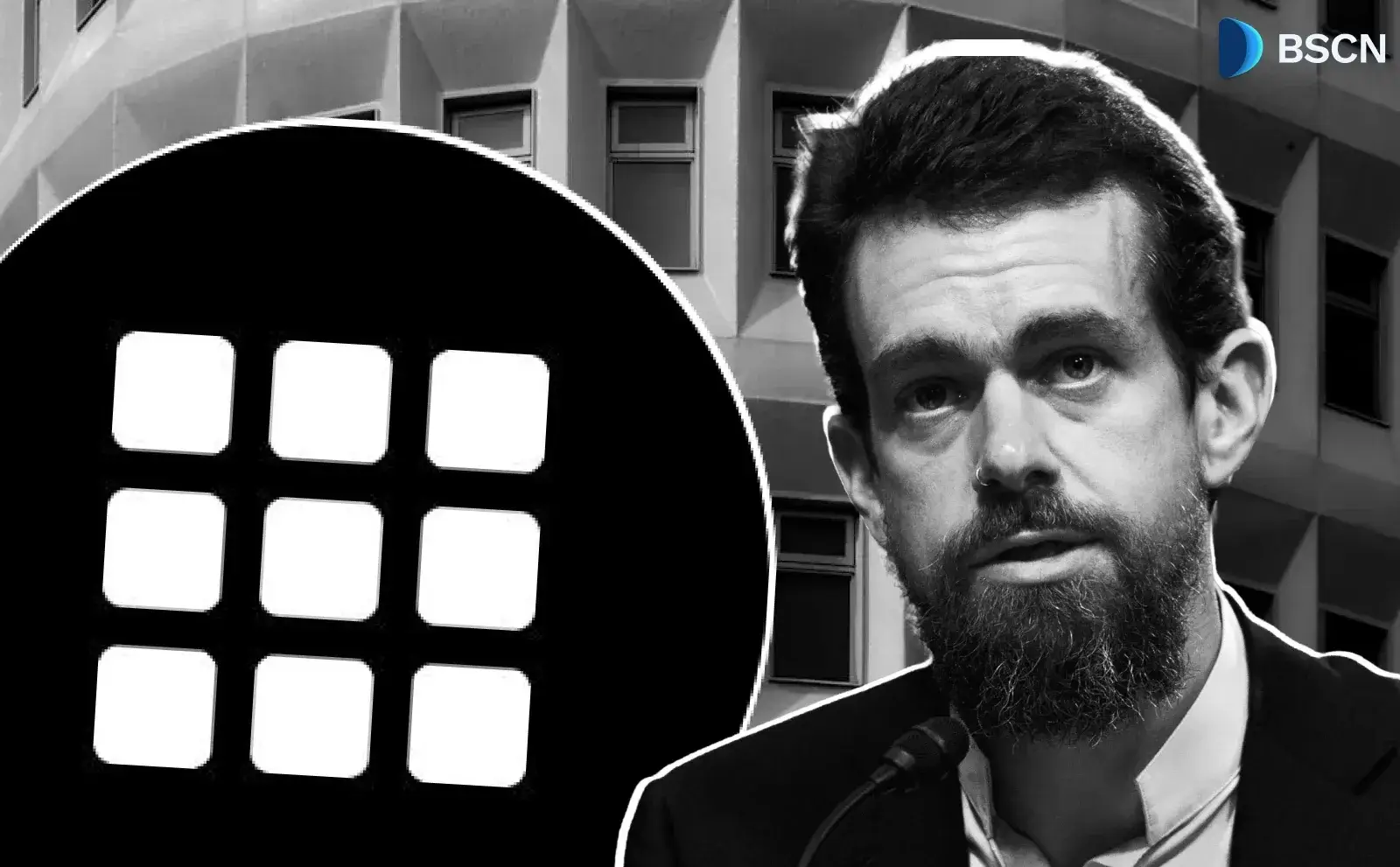JPMorgan Partners with Chainlink and Ondo Finance to Bring Bank Payments to Tokenized Assets
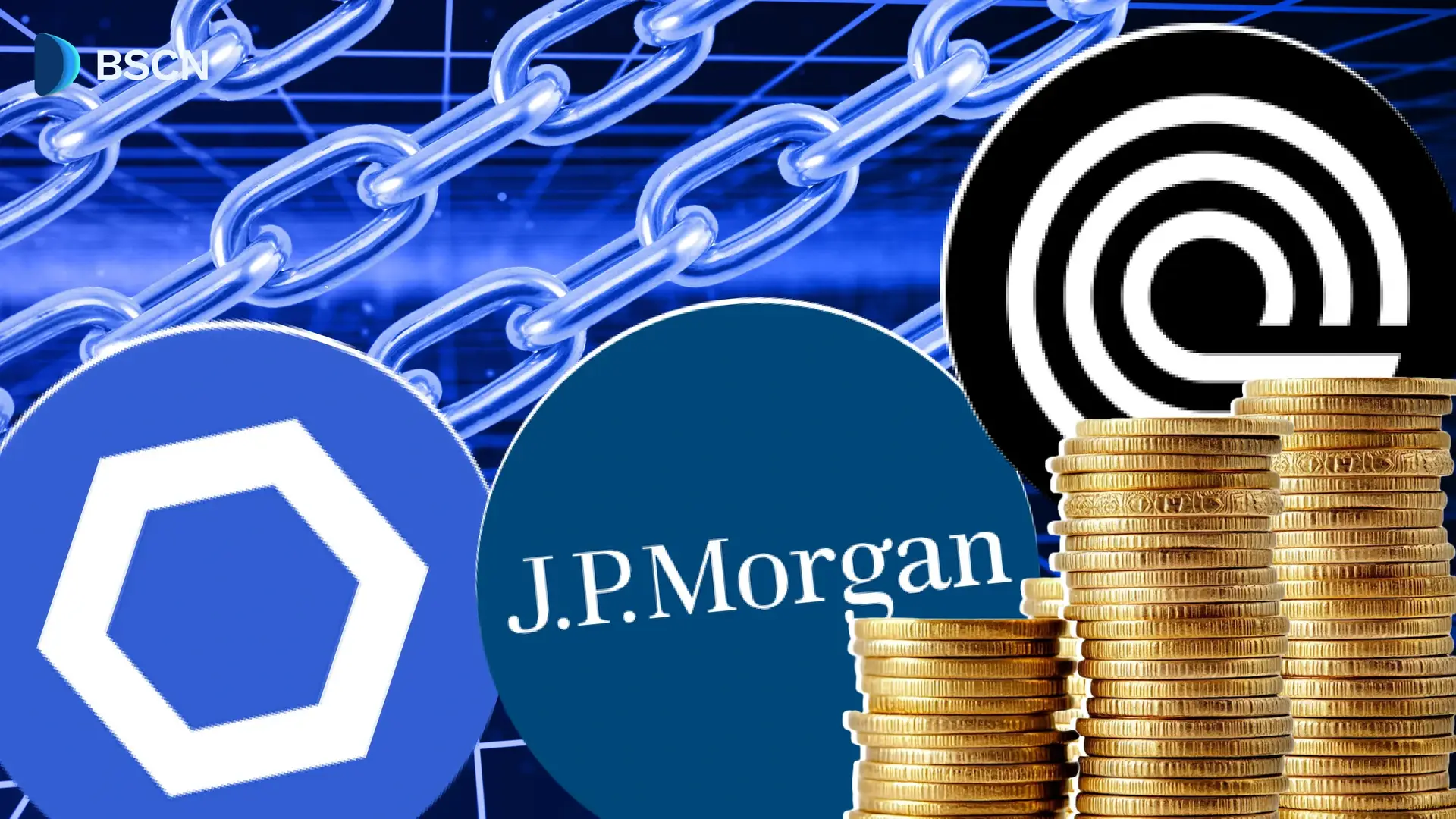
The transaction involved settling tokenized U.S. Treasuries using JPMorgan’s Kinexys platform on a private blockchain, combined with Ondo Finance’s public blockchain infrastructure.
Soumen Datta
May 15, 2025
Table of Contents
Chainlink, Kinexys by J.P. Morgan, and Ondo Finance have successfully completed a cross-chain Delivery versus Payment (DvP) transaction. This milestone marks one of the first real-world uses of blockchain technology to integrate traditional bank payment systems with tokenized assets on public blockchains.
A New Era for Tokenized Asset Settlement
The partnership involves three leading players in their respective fields. Chainlink, widely regarded as the standard for secure onchain finance, provided the critical cross-chain infrastructure. Kinexys, J.P. Morgan’s blockchain division contributed its permissioned blockchain network for the payment settlement leg of the transaction.
Ondo Finance brought its next-generation Layer 1 blockchain, Ondo Chain, designed specifically for scaling real-world asset tokenization.
Together, they orchestrated the settlement of tokenized U.S. Treasuries on Ondo Chain, with payments processed on Kinexys Digital Payments’ permissioned network. This transaction marks J.P. Morgan’s first settled deal on a public blockchain, highlighting the bank’s deepening engagement with Web3 technologies.
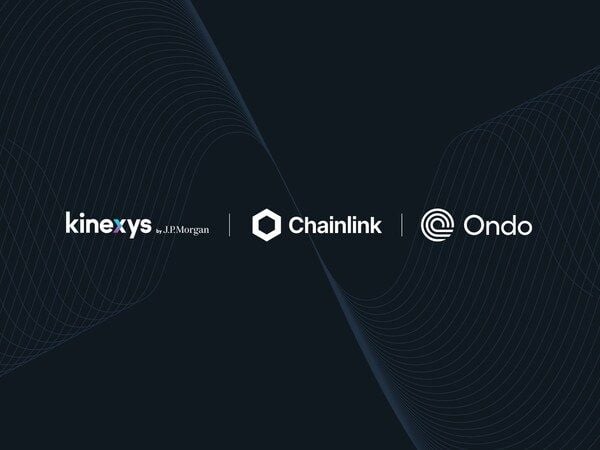
Bridging Private and Public Blockchains
Traditionally, J.P. Morgan’s blockchain activities remained confined to private networks, with previous experiments like a 2024 trial with Siemens still in the testing phase. The recent transaction breaks new ground by linking private permissioned blockchains directly with a public blockchain, a step many financial institutions have viewed cautiously until now.
Chainlink’s secure cross-chain orchestration infrastructure played a key role. It connected Kinexys’ private blockchain environment with Ondo Finance’s public Ondo Chain, enabling seamless communication and coordination between the two systems. This orchestration is vital for enabling real-time, atomic settlement of tokenized assets and payments across different blockchain networks.
Tokenized U.S. Treasuries and Real-World Asset Growth
The asset involved in the transaction was Ondo Chain’s flagship Short-Term U.S. Government Treasuries Fund (OUSG). These tokenized treasuries are digital representations of government debt, commonly used in crypto markets for yield generation and liquidity management.
Ondo Finance has built its platform to scale tokenization of real-world assets, a growing sector where physical or traditional financial assets are represented digitally on blockchain networks.
Institutional-Grade Security and Compliance
A major concern for institutions entering blockchain finance is maintaining compliance and security standards. The Chainlink Runtime Environment (CRE) provided a secure offchain computing layer to manage and coordinate the transaction. This ensured the process met institutional requirements for scalability, compliance, and security.
The CRE integration with Kinexys Digital Payments’ synchronized settlement workflow allowed the transaction to preserve the high standards expected by banks while benefiting from the transparency and efficiency of blockchain.
"I am very excited about our collaboration with Kinexys by J.P. Morgan and Ondo Finance, which is a clear sign of the TradFi and DeFi convergence that we have been talking about for many years now,” said Sergey Nazarov, Co-Founder of Chainlink. “Chainlink has been built to enable the secure and reliable execution of institutional-grade transactions just like this, across multiple blockchains and with the compliance required by large institutions like J.P. Morgan.”
Understanding Delivery Versus Payment on Blockchain
Delivery versus Payment (DvP) is a critical financial mechanism ensuring that asset transfers and corresponding payments happen simultaneously. This prevents risks where one party delivers assets without receiving payment, or vice versa. In traditional finance, DvP often faces delays and counterparty risk due to fragmented systems and manual processing.
Blockchain’s promise is to automate DvP, cutting out intermediaries and offering near-instant finality. This reduces settlement risk, speeds up transactions, and increases transparency through immutable and verifiable transaction records.
Why This Matters for TradFi and DeFi
The collaboration between these three companies signals a shift in traditional finance’s approach to blockchain and digital assets. J.P. Morgan’s move to settle tokenized securities on a public blockchain points to growing institutional trust in blockchain technology.
Chainlink’s Sergey Nazarov described the transaction as a clear example of TradFi and DeFi convergence. The ability to execute secure, compliant, and scalable transactions across multiple blockchain networks will open a large addressable market for institutions looking to tap into public blockchain ecosystems.
Ondo Finance’s CEO Nathan Allman echoed this sentiment, calling the event a statement about the future of finance. He emphasized how the deal showcased the power of compliant blockchain infrastructure to manage real-world assets at scale.
After a period of regulatory uncertainty and crackdown on cryptocurrencies, the U.S. has recently seen more industry-friendly measures aimed at fostering innovation. While JPMorgan states this project has been in the works for years, the evolving regulatory environment has likely encouraged increased institutional exploration into public blockchain settlement.
This successful test transaction is a preview of what could become standard practice. Scaling such cross-chain DvP solutions will be key for the growth of tokenized asset markets and broader DeFi adoption among large institutions.
Read Next...
Disclaimer
Disclaimer: The views expressed in this article do not necessarily represent the views of BSCN. The information provided in this article is for educational and entertainment purposes only and should not be construed as investment advice, or advice of any kind. BSCN assumes no responsibility for any investment decisions made based on the information provided in this article. If you believe that the article should be amended, please reach out to the BSCN team by emailing [email protected].
Author
 Soumen Datta
Soumen DattaSoumen has been a crypto researcher since 2020 and holds a master’s in Physics. His writing and research has been published by publications such as CryptoSlate and DailyCoin, as well as BSCN. His areas of focus include Bitcoin, DeFi, and high-potential altcoins like Ethereum, Solana, XRP, and Chainlink. He combines analytical depth with journalistic clarity to deliver insights for both newcomers and seasoned crypto readers.
Crypto Project & Token Reviews
Project & Token Reviews
Comprehensive reviews of crypto's most interesting projects and assets
Learn about the hottest projects & tokens
Latest Crypto News
Get up to date with the latest crypto news stories and events




